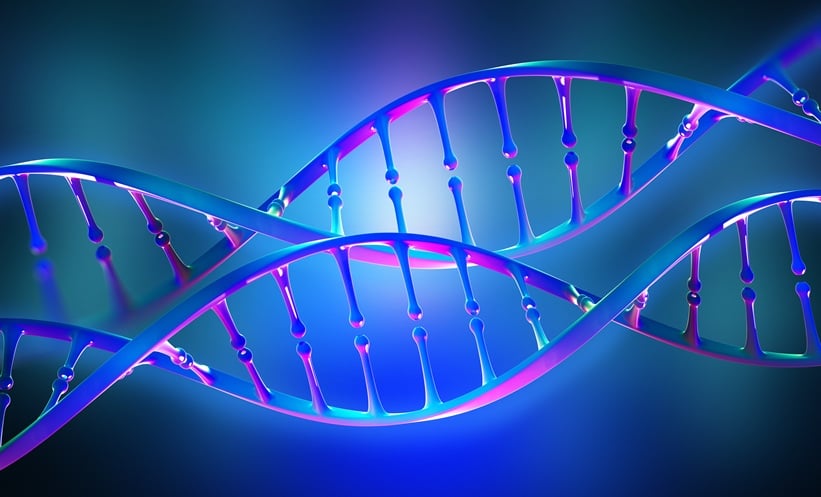GLYCOGEN storage disease type Ia (GSDIa) is a rare, life-threatening inherited disorder of carbohydrate metabolism, with an estimated prevalence of 1 in 100,000. It is caused by mutations in the G6PC1 gene, which encodes the glucose-6-phosphatase enzyme responsible for glucose production in the liver, kidneys, and intestines. Patients with GSDIa experience severe fasting intolerance, leading to biochemical abnormalities such as hypoketotic hypoglycaemia, lactic acidosis, hyperlipidaemia, and hyperuricaemia. Acute complications include severe hypoglycaemia, nephrolithiasis, pancreatitis, and bleeding diathesis, while chronic issues may involve hepatic adenomas, kidney dysfunction, osteoporosis, and, rarely, small fibre peripheral neuropathy.
Management of GSDIa primarily involves a strict dietary regimen that includes regular intake of uncooked cornstarch to provide a continuous glucose supply. While dietary management helps reduce complications, it does not entirely prevent metabolic instability, and patients remain at risk of severe hypoglycaemia if cornstarch intake is disrupted, particularly overnight. Anxiety regarding hypoglycaemia remains a significant burden for affected individuals.
A recent first-in-human gene therapy trial using DTX401 has shown promising results in improving glucose homeostasis in GSDIa patients. The trial demonstrated an acceptable safety profile, with no dose-limiting toxicities or serious treatment-related adverse events. Participants showed clinically significant reductions in cornstarch intake while maintaining stable glucose levels. The ability to reduce reliance on cornstarch suggests improved endogenous glucose production, which is critical in minimising hypoglycaemia risk.
Despite its potential benefits, the study faced challenges, including the difficulty of monitoring therapeutic efficacy in GSDIa, the impact of corticosteroid therapy on glucose metabolism, and variability in patient responses due to genetic differences. Nevertheless, the trial observed sustained reductions in cornstarch requirements, stable or improved glycaemic control, and enhanced quality of life in participants.
While further research is required, these findings support the continued development of gene therapy as a potential long-term treatment for GSDIa. The DTX401 programme has now progressed to a Phase 3 trial, offering hope for a transformative therapy that could improve the lives of those affected by this rare disorder.
Reference
Weinstein DA et al. Safety and efficacy of DTX401, an AAV8-mediated liver-directed gene therapy, in adults with glycogen storage disease Type I a (GSDIa). J Inherit Metab Dis. 2025;48(2):e70014.








